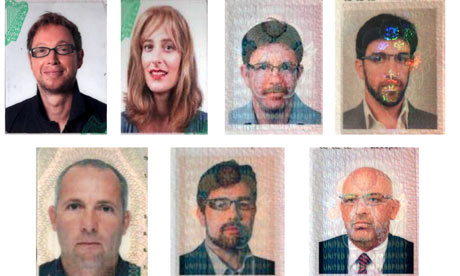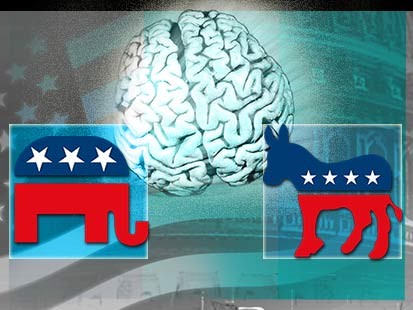Fist tap Dale.
Part 1: Raj Patel, food activist, scholar, and author of two important books: Stuffed and Starved: The Hidden Battle for the World Food System and his new book (now on the New York Times Best Seller list), The Value of Nothing: How to Reshape Market Society and Redefine Democracy shares his views about our market driven economy, and what he sees as a necessary direction forward for civilization to survive, and people and communities to flourish.
In Patel’s new book, The Value of Nothing, he hones in on what it means to have corporate monopolies that can manipulate both price and supply, coupled with a “free market” philosophy that hijacks government oversight and public protection, where the price of something bears little relation with its true value.
 Newsweek | On Feb. 18, 2010, software engineer Joesph Stack flew a small plane into a building housing the Internal Revenue Service offices in Austin, Texas, because he was upset with the IRS, according to officials. Though Stack's actions were extreme, the United States has seen a quiet but violent anti-taxation movement grow since the middle of the 20th century. Having little in common with the Revolutionary War-era Boston Tea Partiers, these protesters believe taxes are unjustified, with or without representation, and they may have ties to other antigovernment groups, including the militia movement, the Sovereign Citizen movement, and white-supremacist groups. Mark Pitcavage, a historian of extreme-right-wing movements and the director of investigative research at the Anti-Defamation League, and the Southern Poverty Law Center have researched the history of violent attacks carried out by members of the tax-protest movement. Here they highlight a few of the major events in the movement's history.
Newsweek | On Feb. 18, 2010, software engineer Joesph Stack flew a small plane into a building housing the Internal Revenue Service offices in Austin, Texas, because he was upset with the IRS, according to officials. Though Stack's actions were extreme, the United States has seen a quiet but violent anti-taxation movement grow since the middle of the 20th century. Having little in common with the Revolutionary War-era Boston Tea Partiers, these protesters believe taxes are unjustified, with or without representation, and they may have ties to other antigovernment groups, including the militia movement, the Sovereign Citizen movement, and white-supremacist groups. Mark Pitcavage, a historian of extreme-right-wing movements and the director of investigative research at the Anti-Defamation League, and the Southern Poverty Law Center have researched the history of violent attacks carried out by members of the tax-protest movement. Here they highlight a few of the major events in the movement's history.


















